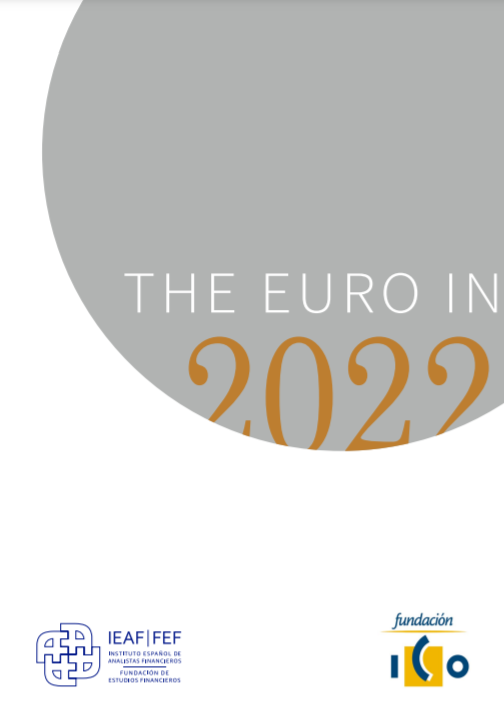Opinion
Delays and half measures
Are the eurozone’s continuing woes the result of its incomplete construction or because of policy errors in responding to the crisis?
This op-ed was originally published in Handelsblatt and Sunday Business Post.


The euro area member states gave up monetary policies for countering economic adversities, but the founding fathers lacked political will to compensate with pooled resources for helping each other. This incompleteness is surely made worse by wrong-headed policies, delays, and half measures. That said, the distinction is overstated: the incomplete monetary union and repeated policy errors likely come from the same source.
Recent research shows the ECB fell behind the curve at critical junctures of the crisis. As the U.S. Federal Reserve slashed interest rates to fight the Great Recession, the ECB at first raised the policy interest rate in July 2008. That hike came just as euro area industrial production began a prolonged economic contraction. In April and July 2011, the ECB raised interest rates when the American rate was near zero and the Fed was adding stimulus through quantitative easing.
Aside from the Outright Monetary Transactions promise in July 2012 to bail out countries in distress, the ECB has been unable to inspire confidence. Since late-2013, it has reacted to rather than led the fight against deflationary tendencies. ECB President Draghi has made an art of coyly promising more measures “if needed,” or if low inflation is “prolonged,” or “too prolonged.” While such ambiguity often serves central bankers well, markets have regarded actions taken as “too little, too late.” Earlier this month, the ECB announced new measures hoping to spur economic activity and inflation. But the criticism was swift. Stock markets “tumbled, said the Wall Street Journal, “because the European Central Bank served up a package of stimulus measures that fell well short of many investors’ expectations.” Abnormally low inflation has persisted, and the ECB’s credibility continues to be damaged.
Fiscal austerity set the euro area back in 2011-13. But the orthodoxy still denies that cuts in governments spending hurt growth, more so the weaker the economy. Subjected to five years of draconian austerity, Greek voters have pleaded over the past year that this calamity be stopped. But the creditors require further consolidation of 3½ percent of GDP. And although this would cause Greek GDP to contract by about 7 percent, the creditors project a miraculous resumption of growth.
The costs of long delays in dealing with distress in small and medium-sized banks are becoming apparent. Italian authorities just had a taste of the minefields that lie hidden in their banking system. These will only increase if painful decisions are avoided.
As 2015 ends, euro area output is finally back to its 2007 level. Inflation, has been stuck well below the ECB’s 2% goal. Recent signs of growth in household consumption are welcome. But this is a bounce back after a long spell of deep austerity, and is unlikely to persist. Half a century of evidence tells us that European economic growth is tightly tied to world trade growth. And unless world trade growth picks up from its doldrums—and the pickup will be weak as long as China struggles to find a new equilibrium—low growth and inflation will likely continue in the euro area.
So, is the problem the incomplete monetary union or policy errors? The answer is that the same divergent national interests and ideologies that caused the monetary union’s incompleteness now cause the delays and inability to learn. The structure is held together by enforcing groupthink, which ignores evidence and discourages criticism. Groupthink led to the euro’s construction despite overwhelming evidence of its flaws. Policy errors feed on that original hubris because any risk of paying another sovereign’s bills is intolerable. Now France, Italy, and Spain plan to defy austerity rules and impart fiscal stimulus in a self-interested rebellion from the groupthink. This would be good for the rebels and the euro’s best hope.
Republishing and referencing
Bruegel considers itself a public good and takes no institutional standpoint.
Due to copyright agreements we ask that you kindly email request to republish opinions that have appeared in print to [email protected].










